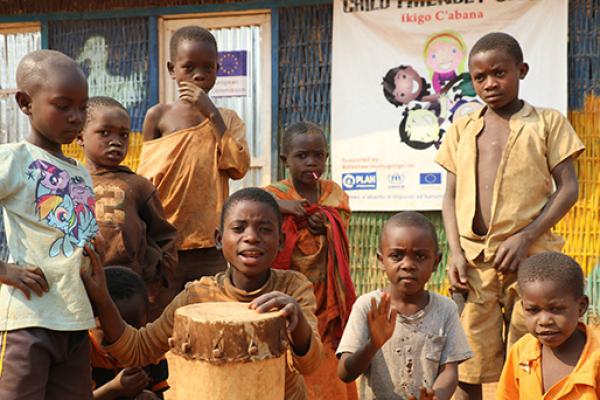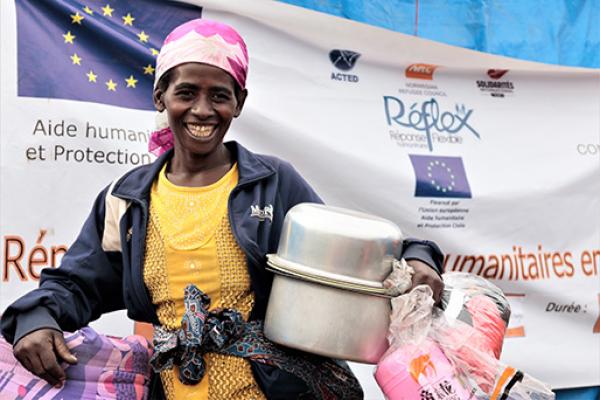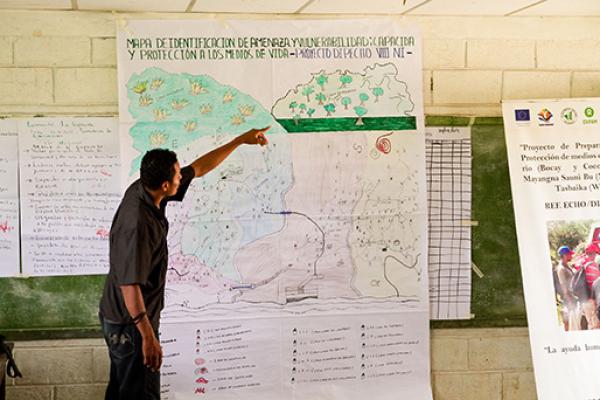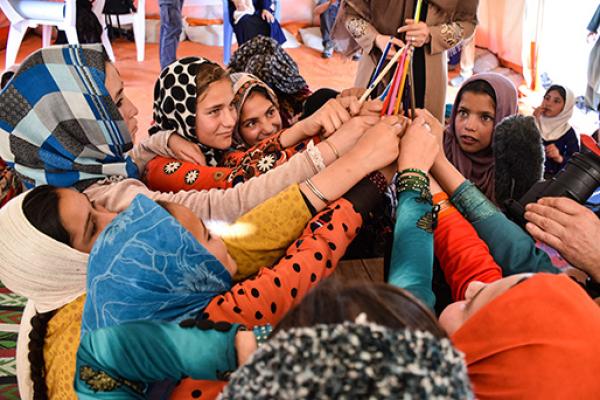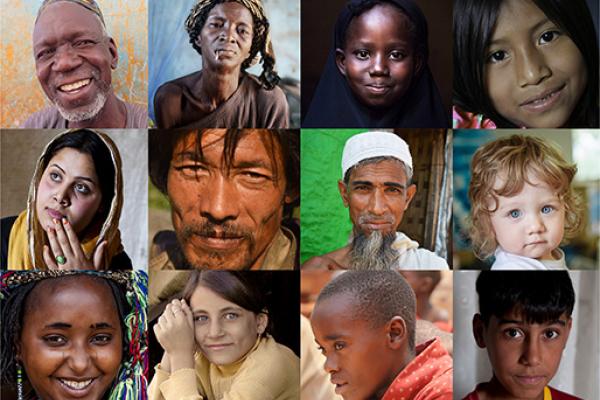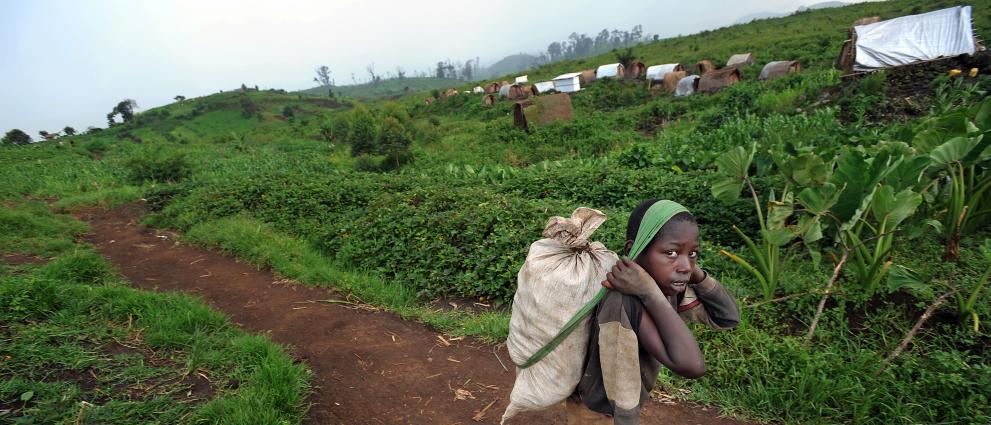
As the Great Lakes region of Africa is suffering from major humanitarian crises caused by conflict, violence and natural disasters, the Commission is announcing new humanitarian aid worth almost €70 million.
This EU funding will support projects addressing gender-based violence, support to Education in Emergencies, and disaster preparedness.
Out of the total amount, €63,75 million are allocated for humanitarian projects in the Democratic Republic of the Congo, including €4,75 million for disaster risk reduction. This is in addition to the €1.7 million allocated earlier this year in response to the floods in the country.
A further €6 million is allocated to the Burundi regional refugee response, providing humanitarian aid to Burundi refugees in neighbouring countries (including Rwanda and Tanzania) as well as returnees to Burundi.
Commissioner for Crisis Management, Janez Lenarčič, said: "The humanitarian situation in the Great Lakes region is desperate – and is expected to deteriorate further in 2024, as the conflict intensifies and the root causes of violence persist. Already we have seen a significant deterioration in the security situation in the east of the Democratic Republic of the Congo, with devastating effects on civilians. Gender-based violence, and violations of International Humanitarian Law, are especially prevalent in the region. The EU’s humanitarian funding will contribute towards alleviating the suffering of the most vulnerable. However, I also call urgently on all parties to conflicts to respect IHL and the rights of civilians."
Background
In the Democratic Republic of the Congo, fighting in the east of the country has caused further displacements, and due to the M23 insurgency alone more than 1.6 million people are currently displaced there. In recent months, the escalation of this conflict has caused further suffering and hampered the delivery of humanitarian assistance.
Civilians caught up in the violence suffer systematic violations of human rights and international humanitarian law, including targeted attacks against civilians and high levels of gender-based violence (GBV). Sexual violence and exploitation have reached unprecedented levels, including around camps for internally displaced persons, where women and children have been forced to engage in various forms of survival sex due to inexistent livelihood possibilities and insufficient humanitarian aid.
Prevalent food insecurity in the country has resulted in approximately 26 million people being food insecure, one of the highest numbers in the world.
The situation in Burundi is more conducive to refugee returns since the 2020 elections. However, the absorption capacity for sustainable reintegration of returnees remains insufficient due to a lack of socio-economic opportunities for returnees, while at the same time food ration cuts had to be implemented in 2023 in refugee camps across the region due to funding shortfalls.
Details
- Publication date
- 13 March 2024
- Author
- Directorate-General for European Civil Protection and Humanitarian Aid Operations (ECHO)

